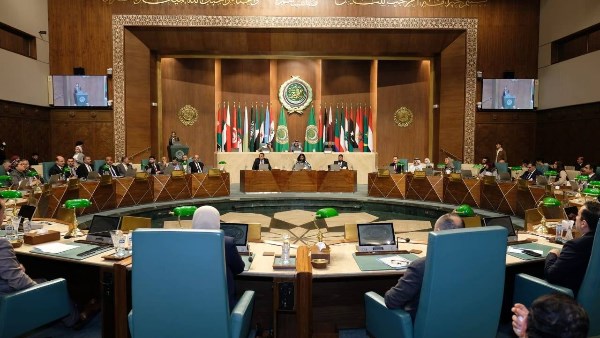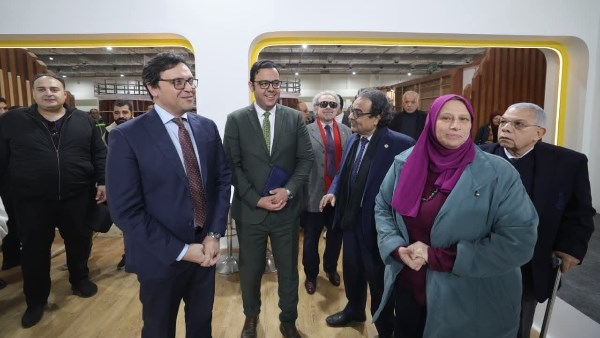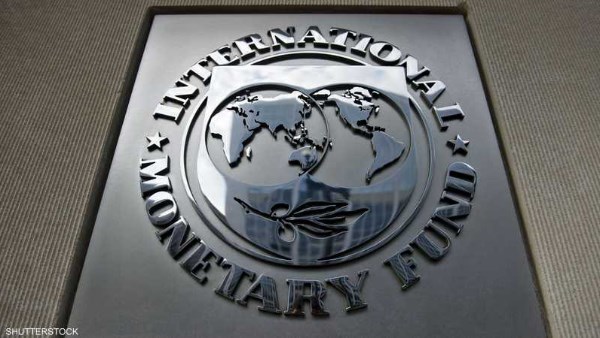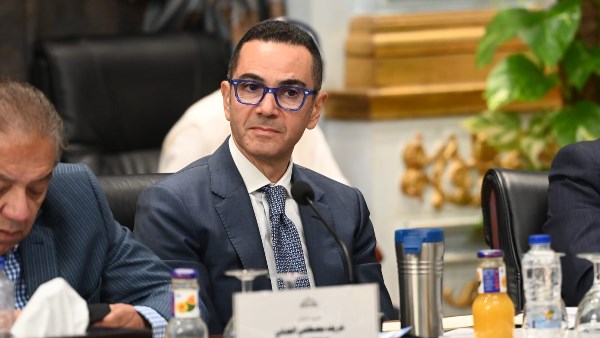
Fed officials still expect to cut interest rates this year
Powell says Fed needs to manage against risk that tariff inflation proves persistent

The Trump administration's tariff plans may well just cause a one-time jump in prices, but the risk it could cause more persistent inflation is large enough for the central bank to be careful in considering further rate cuts, Federal Reserve Chair Jerome Powell told a U.S. Senate panel on Wednesday.
Though economic theory may point to tariffs as a one-off shock to prices, "that is not a law of nature," said Powell, detailing why the central bank wants more information about the ultimate level of tariffs and the way they impact pricing and public expectations about inflation before lowering borrowing costs any further.
"If it comes in quickly and it is over and done then yes, very likely it is a one-time thing," that won't lead to more persistent inflation, Powell said. But "it is a risk we feel. As the people who are supposed to keep stable prices, we need to manage that risk. That's all we're doing," through holding rates steady for now.
The effects of tariffs "could be large or small. It is just something you want to approach carefully. If we make a mistake people will pay the cost for a long time."
Fed officials still expect to cut interest rates this year, but the timing is uncertain as officials wait on coming trade deadlines and hope for more certainty about the scope of the tariffs that will be imposed and the ways that rising import levies influence prices and economic growth.
Two days of hearings did little to shift expectations around Fed policy, with investors still anticipating two rate cuts this year.
But it did highlight the persistent rift between the Fed chair and President Donald Trump, who wants the Fed to cut rates immediately.
Republican lawmakers in the House on Tuesday and in the Senate Banking Committee on Wednesday pressed the Fed chair on why he seems reluctant to do so even though recent inflation data has been more moderate than expected.
The tone at times contrasted with Powell's generally congenial relationship with Republican and most Democratic lawmakers during his seven years as chair.
Ohio Republican Senator Bernie Moreno, echoing Trump's frequent criticism of Powell, accused him of shaping monetary policy through "a political lens, because you just don't like tariffs."
"We got elected by millions of voters. You got elected by one person who doesn't want you to be in that job," Moreno said of Powell, who was promoted to Fed chair during Trump's first term.
North Carolina Republican Senator Thom Tillis, however, backed a more cautious approach to the issue, noting that major retailers like Walmart, with sophisticated data tools, were having trouble pinpointing how tariffs will affect prices and demand.
"I'm just telling my colleagues we need to be realistic," Tillis said. Companies "have a lot of experts that probably are suggesting there may be some inflationary risk. We haven't realized it yet but I think we all need to keep our eyes open."
While Powell was completing what was likely his second-to-last set of semiannual appearances on Capitol Hill, Trump said he had narrowed "to within three or four people" who he intends to nominate as a successor for when Powell's term as chair ends in May.





-1120252475029447.jpg)















